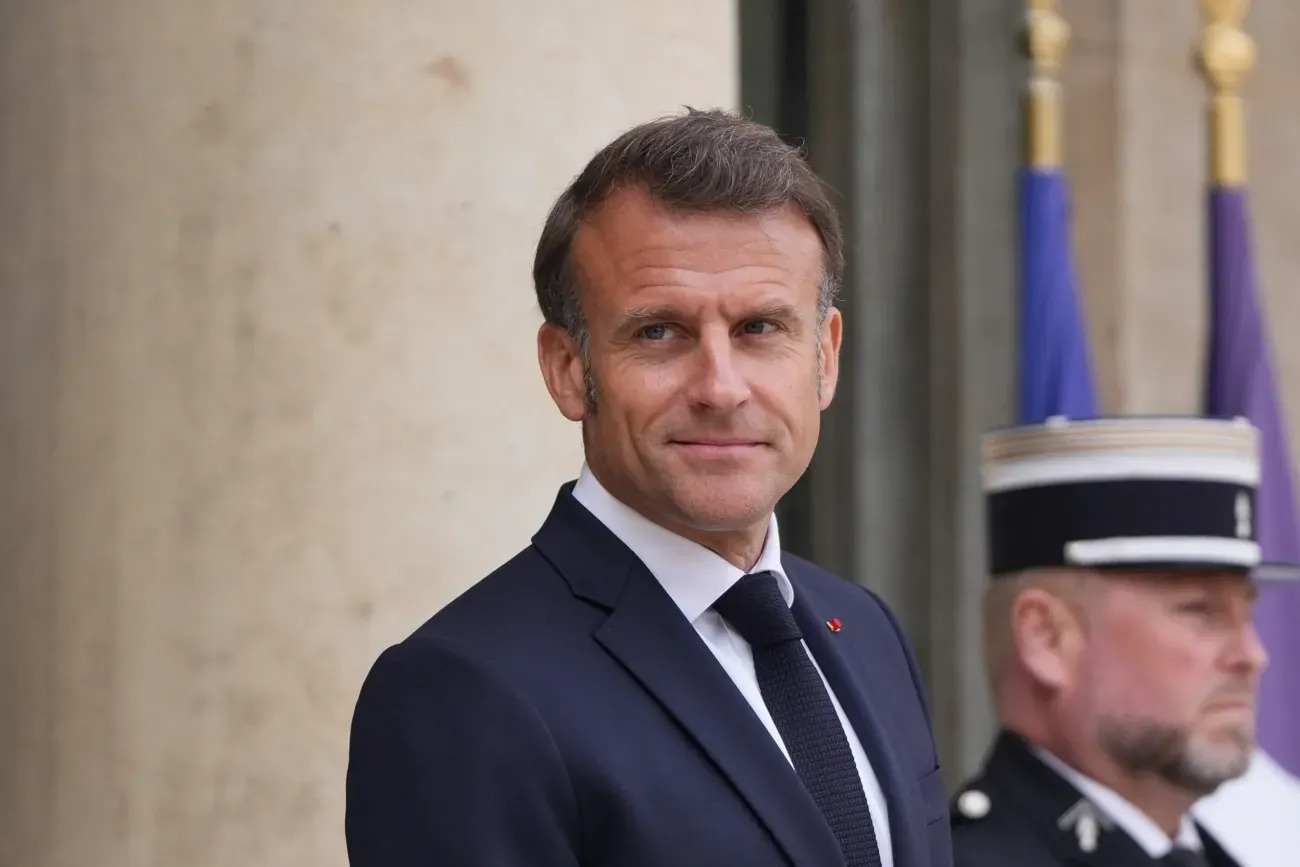Politics
Macron Urges EU to Apply More Pressure on Israel Over Gaza Humanitarian Crisis

French President Emmanuel Macron has urged the European Union (EU) to intensify its efforts to pressure Israel due to the worsening humanitarian situation in the Gaza Strip. Speaking to the media, Macron emphasized the importance of reviewing the EU’s cooperation agreement with Israel in light of the ongoing crisis.
Macron Calls for a Stronger EU Stance
President Macron’s call comes amid growing concerns over the humanitarian conditions in Gaza, where conflict has resulted in significant civilian suffering. Macron stressed that the EU should play a more active role in addressing the situation and ensuring that Israel is held accountable for its actions.
In addition, Macron argued that the United States holds a unique position to influence the situation on the ground. He suggested that Washington could apply pressure by conditioning its military aid to Israel based on its willingness to address humanitarian issues in Gaza.
Netanyahu’s Behavior Criticized by Macron
Macron also criticized Israeli Prime Minister Benjamin Netanyahu for his handling of the situation, calling his actions “unacceptable” and “shameful.” Macron specifically condemned Netanyahu’s decision to block humanitarian aid to Palestinians in Gaza. The French president’s comments reflect increasing international frustration over the ongoing blockade and the lack of access to essential supplies for civilians in the region.
U.S. Involvement and Negotiations for Ceasefire
According to reports from Reuters, there are ongoing negotiations between Hamas and the U.S. administration regarding a potential ceasefire and the delivery of humanitarian aid to Gaza. The U.S. Ambassador to Israel has indicated that a U.S.-backed aid mechanism for Gaza should soon be implemented to facilitate the distribution of crucial supplies.
The negotiations reflect the growing concern within the international community over the toll the conflict is taking on Gaza’s civilian population. The U.S. is seen as a key player in efforts to broker a ceasefire, but it is clear that other global powers, including the EU, must also contribute to finding a resolution.
Protests in Tel Aviv and Growing Opposition
Meanwhile, protests have erupted in Tel Aviv, with demonstrators calling for the release of hostages held by Hamas. The protesters, many of whom are against Israel’s military operations in Gaza, expressed concerns over the safety of prisoners and demanded an immediate halt to the offensive.
The growing protests in Israel reflect the deep divisions within the country over how to handle the conflict. While some support the military action, others fear for the lives of hostages and the long-term consequences of the violence. The situation remains fluid, with both local and international calls for a ceasefire and greater humanitarian aid access.
The Path Forward: What Needs to Be Done?
The humanitarian situation in Gaza continues to deteriorate, with thousands of civilians caught in the crossfire. The international community is urging for urgent action, and President Macron’s call for a more assertive EU approach highlights the need for global powers to work together in addressing the crisis.
While the U.S. has the potential to play a key role in pushing for change on the ground, it is clear that broader international efforts will be necessary to bring an end to the violence and alleviate the suffering of Gaza’s population.
As the situation develops, it will be important to monitor both diplomatic efforts and the impact of public pressure on governments to ensure that humanitarian aid reaches those in need.








